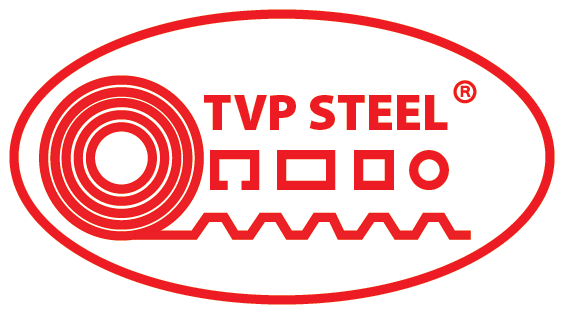Malaysia Imposes Provisional Anti-Dumping Duties on Galvanized Steel from Vietnam, China, and South Korea
On July 5, 2025, Malaysia’s Ministry of International Trade and Industry (MITI) officially announced the imposition of provisional anti-dumping duties on galvanized steel products imported from Vietnam, China, and South Korea. This move is viewed as a strong measure to protect Malaysia’s domestic steel industry from the pressure of low-priced steel imports within the region.

Galvanized steel exports from Vietnam to Malaysia face provisional anti-dumping duties of up to 57.90% from July 8, 2025.
Anti-Dumping Duties up to 57.90% – Vietnam Directly Affected
According to MITI, the provisional duties range from 3.86% to 57.90%, applicable to galvanised iron/steel sheets and coils from the three mentioned countries.
This decision follows a 120-day preliminary investigation initiated on February 6, 2025, at the request of a local Malaysian manufacturer. The investigation found substantial evidence of dumping activities that caused material injury to the domestic industry.
Effective Date and Next Steps
- The provisional duties take effect on July 8, 2025
- Valid for up to 120 days during the provisional period
- A final determination is expected by November 3, 2025, upon conclusion of the full investigation
During this period, exporters may:
- Submit additional data
- Provide counterarguments
- Request for exemption if they can prove they are not involved in dumping or do not harm the Malaysian steel industry.
Warning for Vietnamese Steel Exporters
Vietnam is currently one of the largest exporters of galvanized steel to Malaysia, particularly in the GI/GL product lines. Therefore, the provisional duties could significantly erode the price competitiveness of Vietnamese steel manufacturers in this market.
In light of increasing trade defense measures globally, Vietnamese exporters are advised to:
- Review pricing policies and technical documentation for transparency and compliance with international standards
- Closely monitor investigation updates and respond proactively with supporting data
- Invest in trade compliance systems to mitigate future risks of duties or investigations
Source: Reuters









